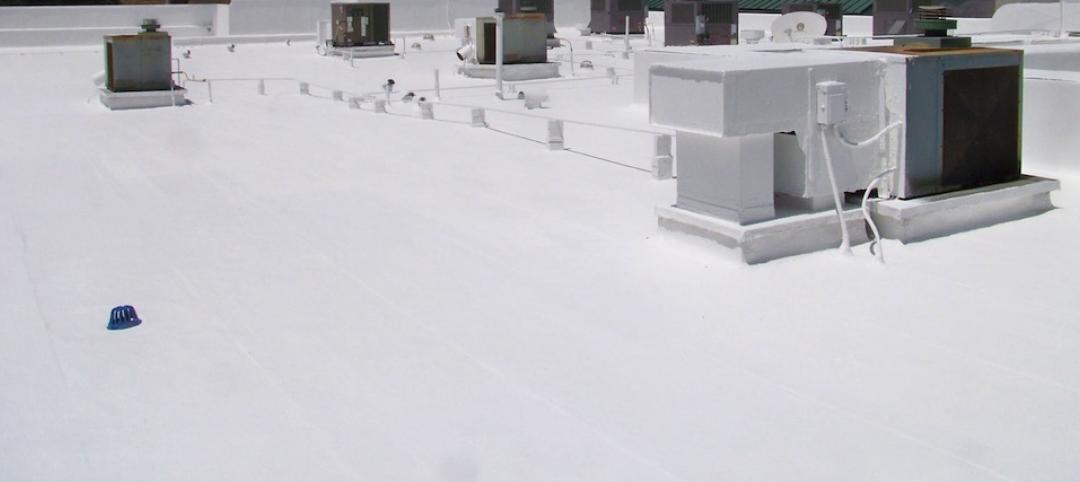Researchers at Worcester Polytechnic Institute have developed a new CO2-absorbing material that’s a low-cost alternative to concrete.
Cement production is one of the largest contributors to climate change. As published in the journal Matter, the research has led to the creation of a self-healing Enzymatic Construction Material that the research team describes as a “living material” that “provides a pathway to repair or even replace [traditional] concrete in the future.”
The material uses an enzyme, carbonic anhydrase, found in all living cells. Carbonic anhydrase efficiently reacts with CO2, and “has the unique ability to rapidly remove the greenhouse gas from the atmosphere. This property has allowed us to formulate a carbon-negative material,” says Richard Whitcomb Professor of Chemistry and Biochemistry Suzanne Scarlata.
Researchers say the material has “outstanding” compression strength, rivaling traditional mortar, making it strong enough to use in the construction of bridges or buildings as compressive elements. The research team plans to take steps to bring the material out of the lab soon and work toward commercialization.
Related Stories
| Apr 24, 2013
North Carolina bill would ban green rating systems that put state lumber industry at disadvantage
North Carolina lawmakers have introduced state legislation that would restrict the use of national green building rating programs, including LEED, on public projects.
| Apr 24, 2013
BOMA’s 360 Performance Program approaches 600 building designees
The Building Owners and Managers Association (BOMA) International conferred the BOMA 360 Performance Program® designation upon 44 properties in major commercial real estate markets across the U.S. in the first quarter of 2013.
| Apr 24, 2013
New Mexico court strikes down move to repeal energy codes
The New Mexico State Court of Appeals struck down an attempt to repeal energy-efficient building codes.
| Apr 24, 2013
Los Angeles may add cool roofs to its building code
Los Angeles Mayor Antonio Villaraigosa wants cool roofs added to the city’s building code. He is also asking the Department of Water and Power (LADWP) to create incentives that make it financially attractive for homeowners to install cool roofs.
| Apr 17, 2013
Army's FY 2014 $130 billion budget includes $2.3 billion for construction
The U.S. Army submitted a $129.7 billion budget for fiscal year 2014, $2.3 billion of which is allocated for military construction, army family housing, and base realignment and closure.
| Apr 17, 2013
Leonardo Academy to develop sustainability master plan standard
Leonardo Academy launched the development of a standard for sustainability master plans using the American National Standards Institute (ANSI) process to define sustainability goals and achievements for regions, states and campuses.
| Apr 17, 2013
Fenestration Council allows some shading system, dynamic glazing to be rated for U-Factor
The National Fenestration Rating Council (NFRC) approved changes to its NFRC 100 and NFRC 200 standards, allowing certain shading devices to be rated for U-factor and Solar Heat Gain Coefficient.
| Apr 17, 2013
LEED 2009 quarterly interpretations, addenda now available
Quarterly interpretations and addenda to the LEED 2009 rating systems and reference guides are now available.
| Apr 17, 2013
DOE’s Lawrence Berkeley Lab researchers developing new indoor air pollution standards
The U.S. Department of Energy’s Lawrence Berkeley National Laboratory (Berkeley Lab) researchers are working on new building standards after discovering previously unknown indoor air pollutants.
| Apr 16, 2013
RMJM acquired by Duthus Investments for £12 million
Sir Fraser Morrison, the owner and chairman of architect RMJM, is the backer behind the investment firm that bought RMJM for £11m in late March.









